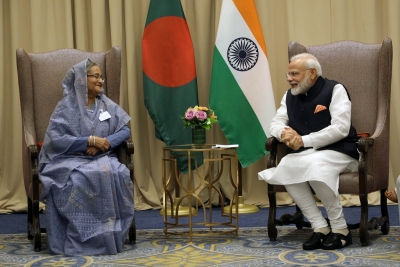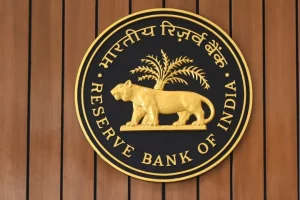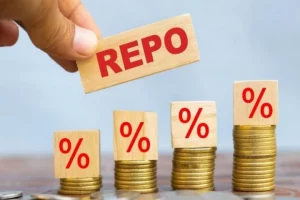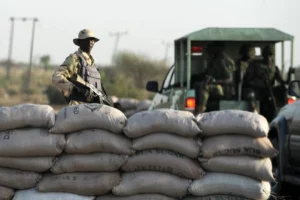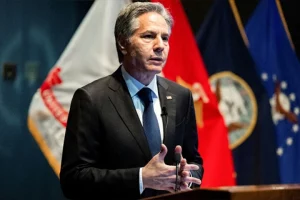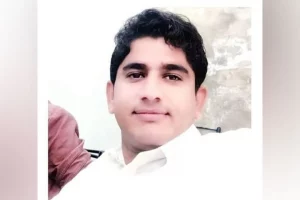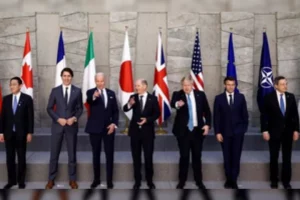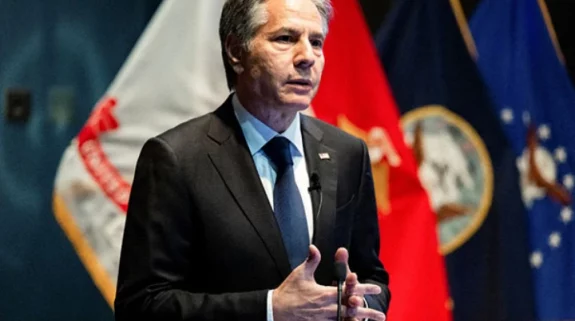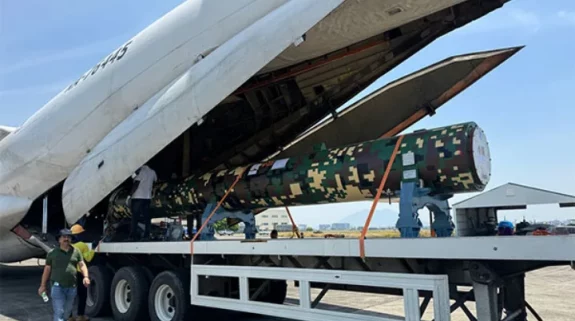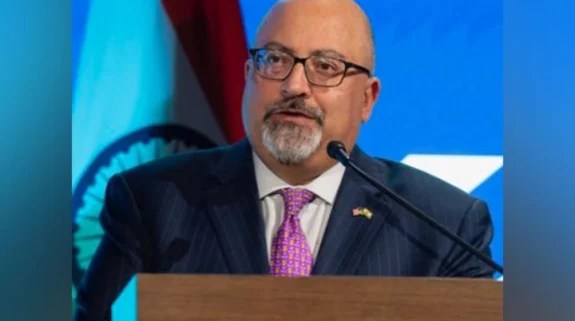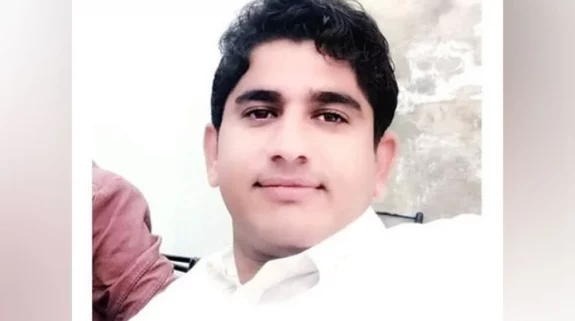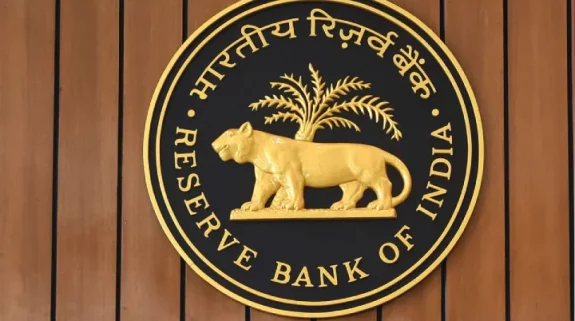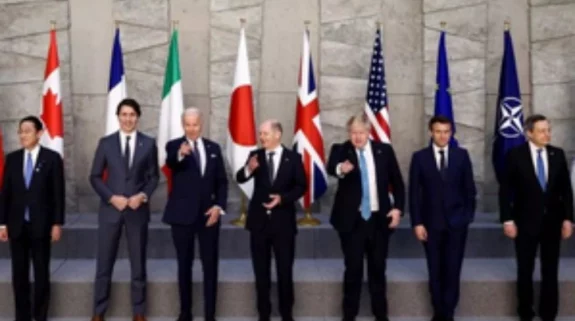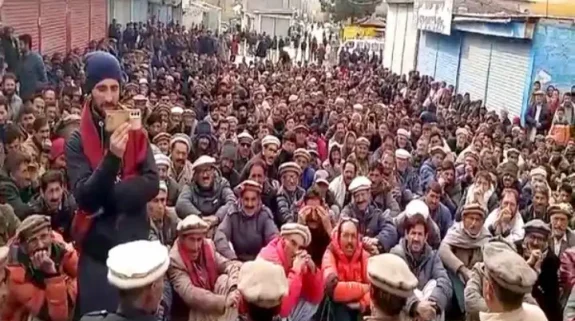By Soham Das
India and Bangladesh have had a special and strategic relationship for the last fifty years, built on New Delhi’s crucial role in Bangladesh’s war of independence in 1971.
The Bangladesh Liberation War, popularly known as Mukti Juddha, was fought by India alongside the Bangladeshi resistance troops, popularly known as Mukti Bahini, against the Islamic Republic of Pakistan. After its independence, Bangladesh was formally recognised by India on December 6, 1971. The Treaty of Friendship, Cooperation and Peace was signed between the two neighbouring countries in March, 1972.
There are several other factors which have reinforce New Delhi-Dhaka bonds. For starters, there is great cultural affinity between India and Bangladesh. Bangladesh is basically composed of the Bengali-speaking Muslim-majority areas of the erstwhile undivided Bengal of British India. So, the cultural and linguistic commonalities between Bangladesh and the Indian province of West Bengal are tremendous.
In terms of regional geo-politics, this partnership is of special significance. Both India and Bangladesh are part of the two major sub-regional organizations – South Asian Association of Regional Cooperation (SAARC) and The Bay of Bengal Initiative for Multi-Sectoral Technical and Economic Cooperation (BIMSTEC). In fact, the first SAARC Summit was organized at Dhaka in December, 1985. Then Prime Minister of India, Rajiv Gandhi attended the conclave.
The national politics of Bangladesh since its independence have been mainly dominated by four individuals, apart from the Father of the Nation and the first President of Bangladesh Bangabandhu Sheikh Mujibur Rahman, namely, President Ziaur Rahman, President Hussain Muhammad Ershad, Prime Minister Khaleda Zia and Prime Minister Sheikh Hasina. All of them have made multiple state visits to India during their tenure as the President or the Prime Minister of Bangladesh. Interestingly, Sheikh Hasina, the incumbent Prime Minister of Bangladesh and the President of the Awami League, is the daughter of Bangabandhu Sheikh Mujibur Rahman, who was assassinated in a military coup d’état in August, 1971 while Khaleda Zia, Chairperson of the Bangladesh Nationalist Party, is the widow of President Ziaur Rahman who was also assassinated in a military coup d’état in May, 1981. Since 1991, the post of the Prime Minister has been held by either Zia or Hasina, except for short stints by independent candidates. Bangladesh has seen a lot of political instability, violence and even military-led authoritarian rule.
From the Indian side, every Prime Minister of India since Indira Gandhi have visited Bangladesh while in office except Chaudhury Charan Singh and Vishwanath Pratap Singh, both of whom were in office for a period less than a full year. The Prime Minister of India, Narendra Modi invited all the leaders of the SAARC countries to his swearing-in ceremony in 2014 when he was elected as the Prime Minister for the first time. Similarly, when he was re-elected in 2019, he invited all the leaders of the BIMSTEC countries to his swearing-in ceremony. This demonstrates his Government’s special focus towards the immediate neighbours of India. The year 2021 is a landmark year in the bilateral relations between Republic of India and the People's Republic of Bangladesh as it marks the fifty years of the Bangladesh Liberation War of 1971 and the fifty years of the commencement of diplomatic ties between the two neighbours. Prime Minister Narendra Modi made his first foreign visit since the Covid-19 pandemic situation, to Bangladesh on 26th and 27th of March, 2021 to attend, as the Guest of Honour, the celebrations of the Mujib Borsho or birth centenary of Bangabandhu Sheikh Mujibur Rahaman. This was his second visit to Bangladesh as the Prime Minister of India, the first being in June, 2015.
Just prior to the visit of the Prime Minister to Bangladesh, the Indian Government awarded the Gandhi Peace Prize 2020 to Bangabandhu. Prime Minister Modi gifted 1.2 million doses of Covid-19 Vaccine to Bangladesh during this visit. Bangladesh, the largest beneficiary of the Vaccine Maitri initiative by India, has received more than 10 million doses of the Covid-19 vaccine from India, with 3.3 million doses being given for free. At the UN, Bangladesh strongly supported India in the election to the UN Security Council in 2020. In December, 2020, a virtual Summit was organized between India and Bangladesh with the participation of the two Prime Ministers.
India has always valued Bangladesh as an important strategic partner under its Neighbourhood First policy and Act East Policy. In the trade sector, Bangladesh is India's largest trade partner in South Asia. India is the second largest trade partner of Bangladesh. In 2011, India announced quota free and tariff free access to Bangladesh for all commodities except tobacco and alcohol, under the South Asian Free Trade Agreement. Under SAFTA, Bangladesh has extended preferential tariffs for Indian exports for Indian products, apart from the ones on the sensitive list.
At present, the sensitive list has 993 items. The value of exports from Bangladesh to India was more than 1 billion USD in 2019- 2020, whereas the value of the imports from India to Bangladesh for the same year was more than 5.7 billion USD.
There is also a strong development partnership between India and Bangladesh. Three lines of credit worth 8 billion USD has been extended to Bangladesh by India in the last decade for development purposes including railways, public transport, power, health, technical education, shipping etc making Bangladesh the largest development partner of India. India has funded several High Impact Community Development Projects in Bangladesh. The partnership on connectivity between India and Bangladesh spans across waterways, airways, land transport and railways. The bus service between Kolkata and Dhaka was inaugurated by Prime Minister Atal Bihari Vajpayee in June, 1999. There are presently two passenger trains between India and Bangladesh – namely Maitri Express and Bandhan Express. Two important evolving sub-regional connectivity initiatives involving India and Bangladesh, apart from the BIMSTEC, are the Bangladesh India China Myanmar (BCIM) Economic Corridor and the Bangladesh Bhutan India Nepal (BBIN) Initiative.
The India-Bangladesh relationship, in turn, has had a great impact on the sub-region, directly affecting Nepal and Bhutan, as well as Myanmar.
From a geopolitical perspective, it is important to note that Bangladesh does not share any land borders with Nepal and Bhutan – two important regional partners. Therefore, trade to and from Bangladesh to these two nations often flows through India. In this context, connectivity partnership of India and Bangladesh has gained a special significance in the sub-region. The BBIN Motor Vehicles Agreement for the Regulation of Passenger, Personal and Cargo Vehicular Traffic was signed in June, 2015; however, it has not yet been ratified by Bhutan.
The implementation procedure of this connectivity agreement is ongoing. There has been significant defence cooperation between the two nations. India has recently extended a 500 million USD line of credit to Bangladesh for defence imports from India. There have also been several joint military exercises. India and Bangladesh have been conducting a joint naval bilateral exercise titled Bongosagar from 2019 onwards. The second edition of the Bongosagar exercise was conducted in Northern Bay of Bengal in October, 2020. Corvettes INS Kiltan (anti-submarine) and INS Khukri participated from the India Navy whereas BNS Abu Bakr, a Frigate and BNS Prottoy, a Corvette participated from the Bangladesh Navy in this naval exercise along with Maritime Patrol Aircraft and helicopters from both navies.
The third edition of the India-Bangladesh Coordinated Patrol (CORPAT) was also conducted along the International Maritime Boundary Line between India and Bangladesh, in October, 2020. The regular conducting of CORPAT exercises has helped in strengthening the understanding between the two navies and also in taking adequate measures to stop unlawful activities. A regional commanders’ meeting was also organized between the coast guards of both countries in October, 2020 where important issues like cross-border fishing by fishermen, information-sharing and capacity building relating to the protection of the coasts were discussed. These important activities of maritime cooperation with Bangladesh may be seen as a manifestation of the SAGAR (Security & Growth for All in the Region) vision of India towards the Indian Ocean Region.
Recently, there were Director General level talks between the Border Security Force of India and the Border Guard Bangladesh in December, 2020. Overall, there is strong security cooperation between India and Bangladesh on countering terrorism in all forms.
India and Bangladesh have a very strong people-to-people connection. India has the largest visa issuing office in Dhaka. Some contemporary areas of concern in the relationship include the signing of the Teesta water sharing agreement, border management, the problem of extremism, and the issue of the forcibly displaced Rohingyas who have sought refuge in Bangladesh. Notwithstanding, the solid relationship between India and Bangladesh promises immense potential for growth in the near future and is crucial to the development and geopolitical balance in South Asia and beyond.






